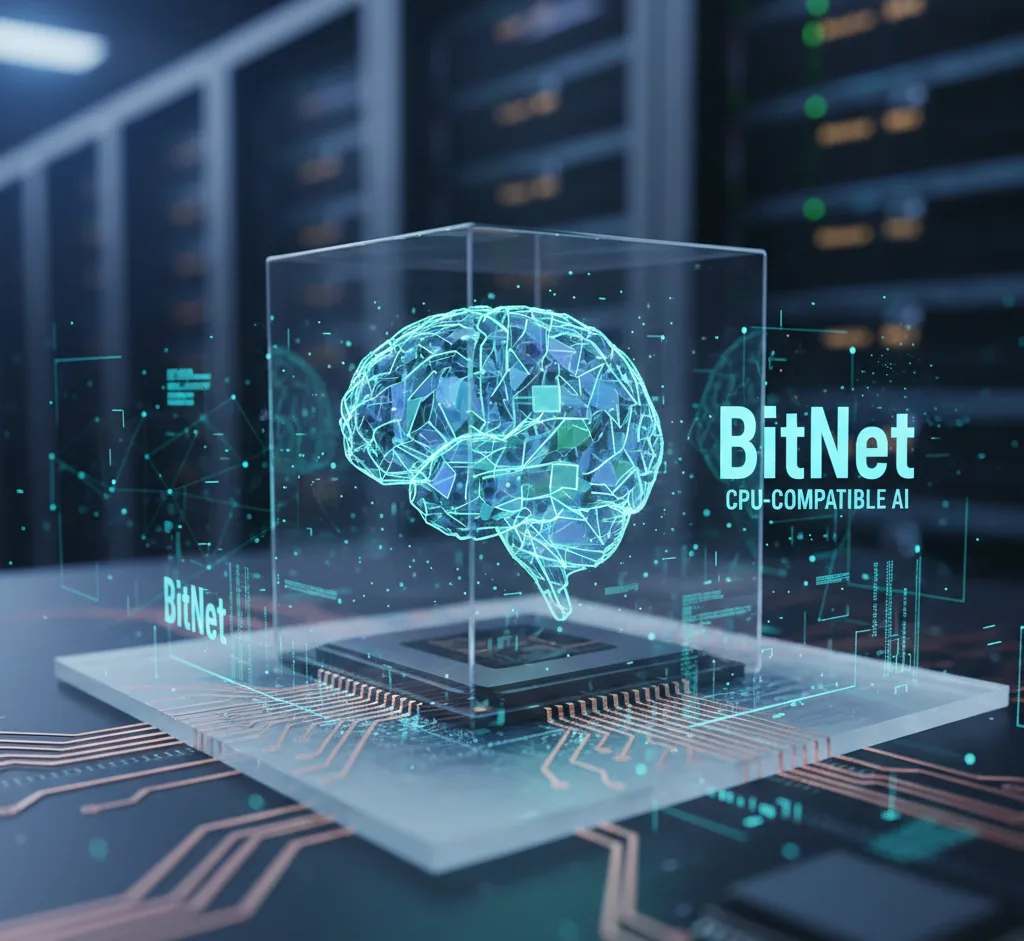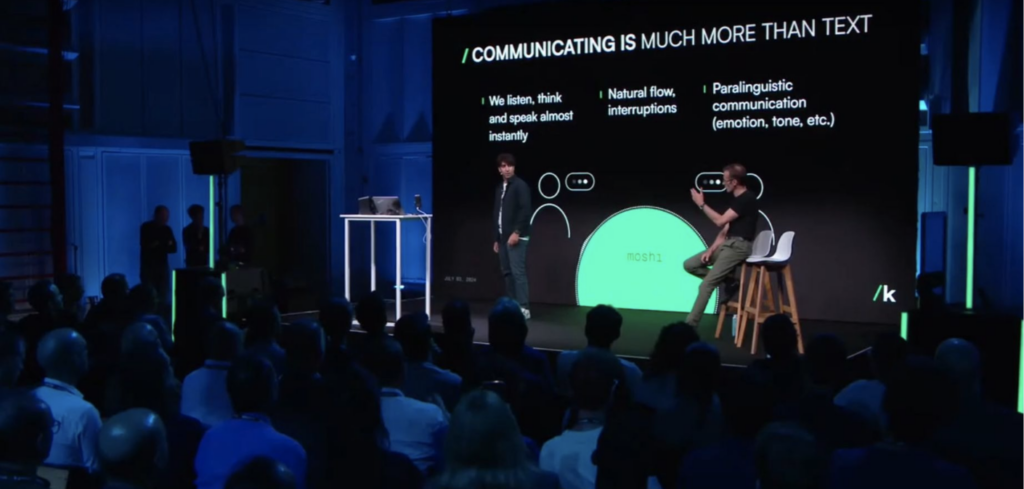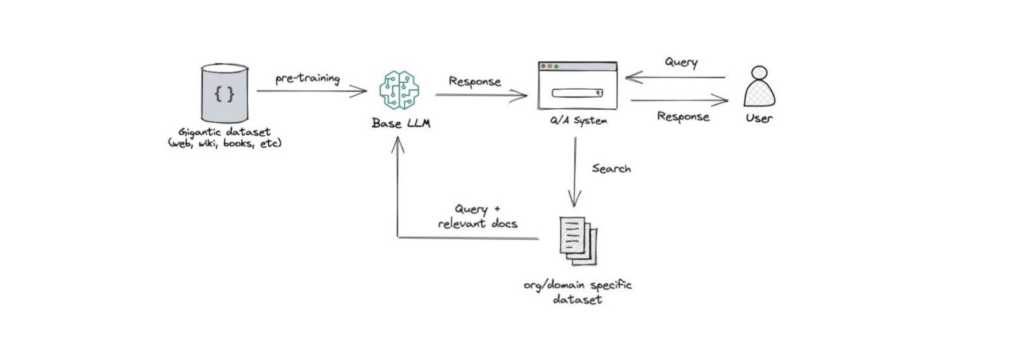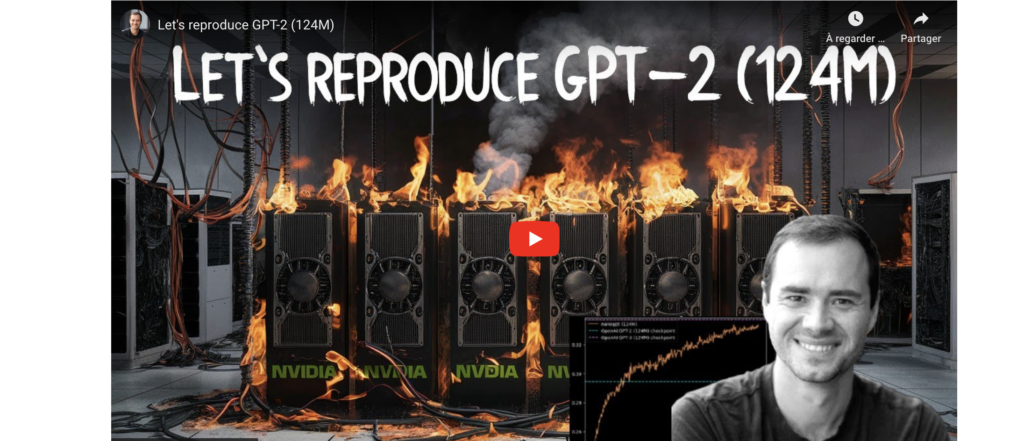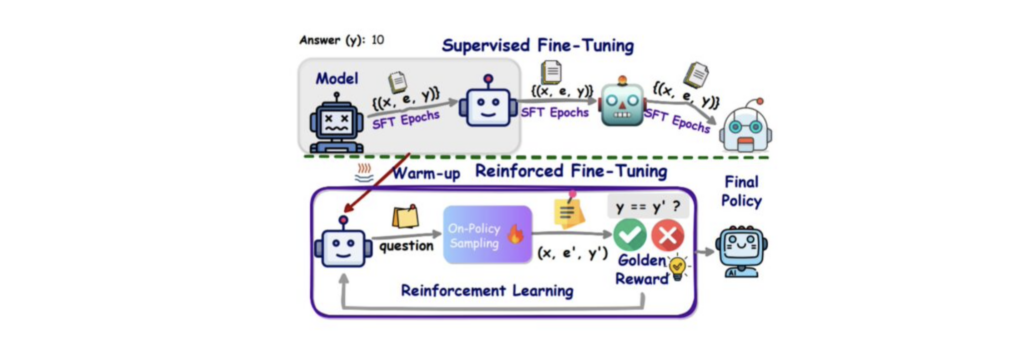Microsoft’s BitNet Technology: A Closer Look at CPU-Compatible AI Models
Microsoft’s BitNet Technology: A Closer Look at CPU-Compatible AI Models I. Microsoft’s BitNet Technology: A game changer or a fairy […]
Microsoft’s BitNet Technology: A Closer Look at CPU-Compatible AI Models Read Post »

